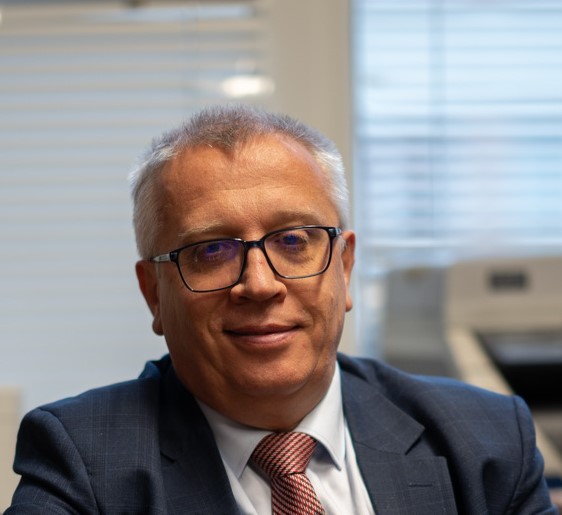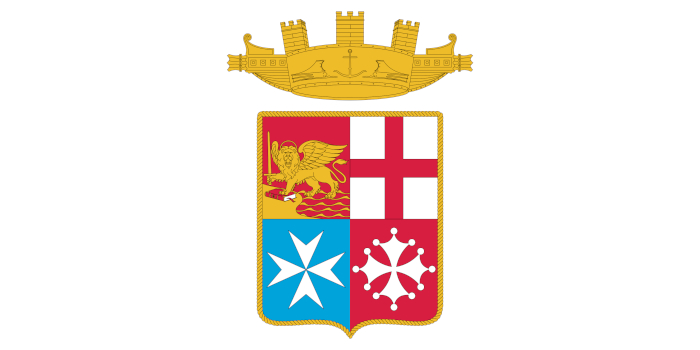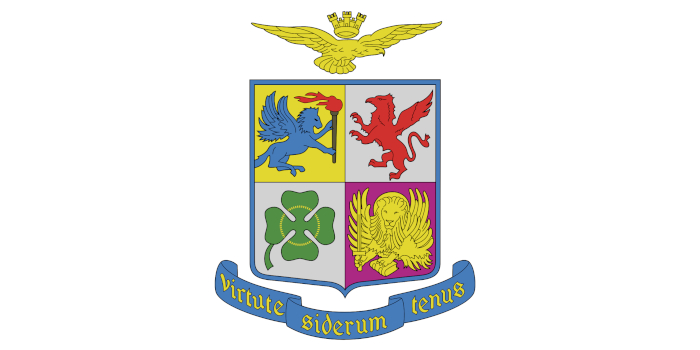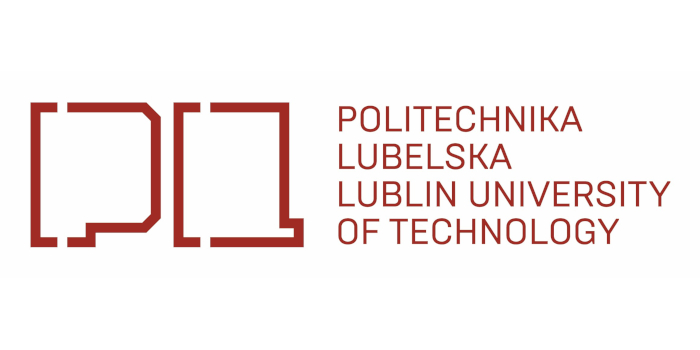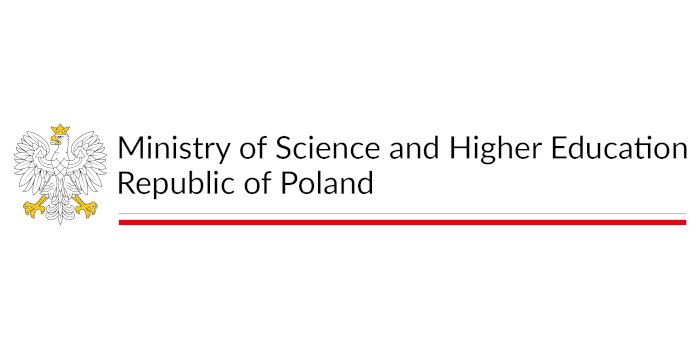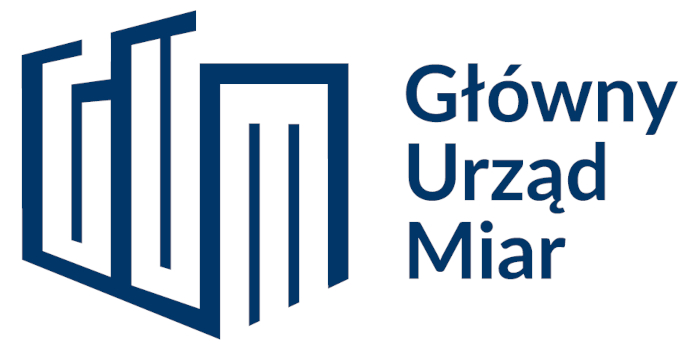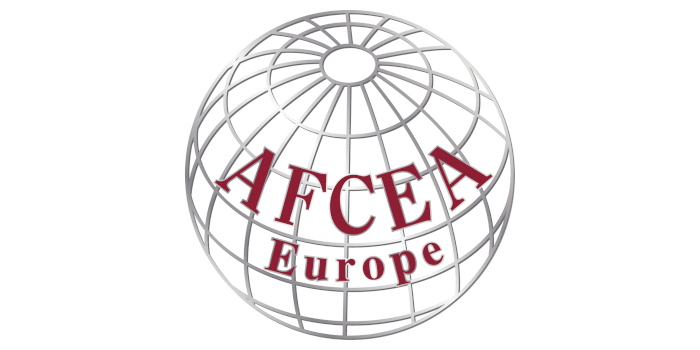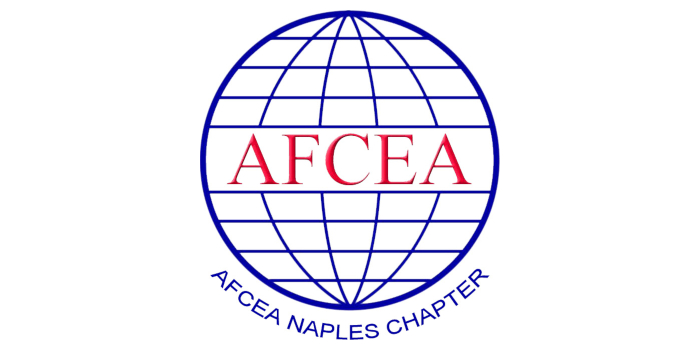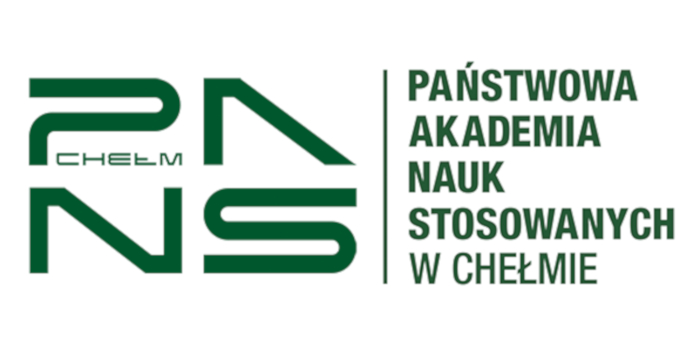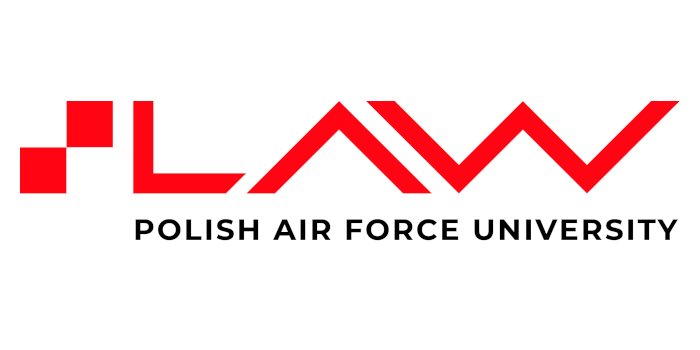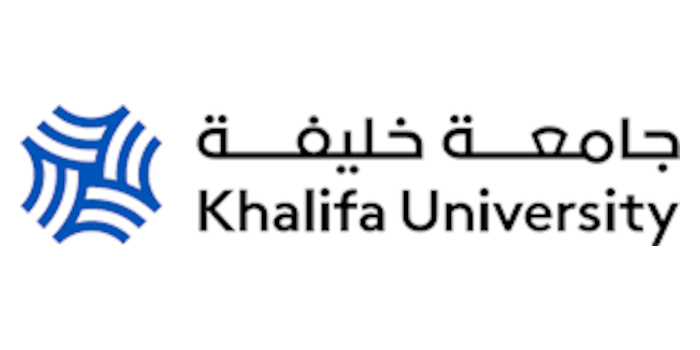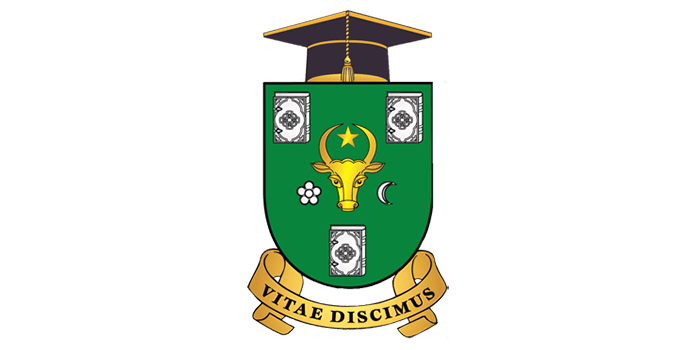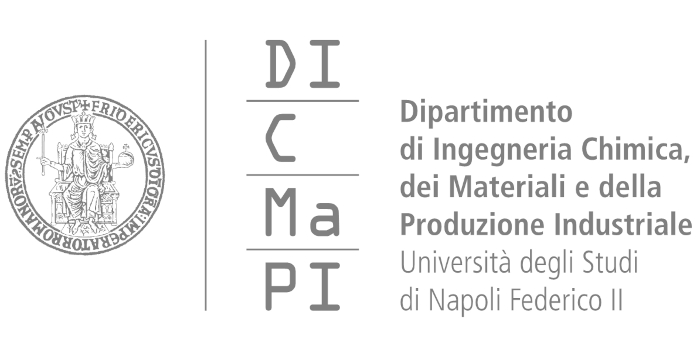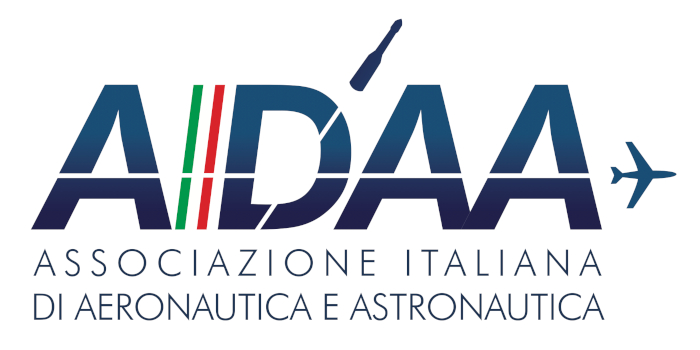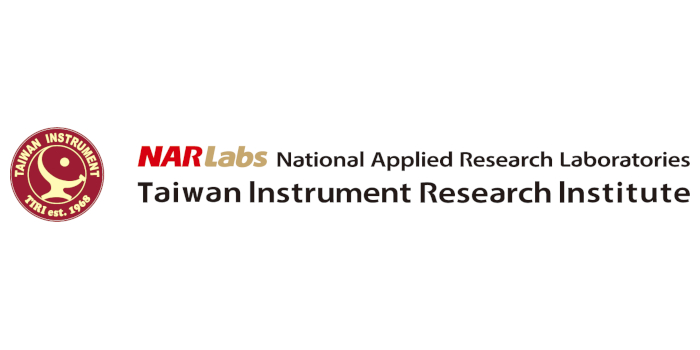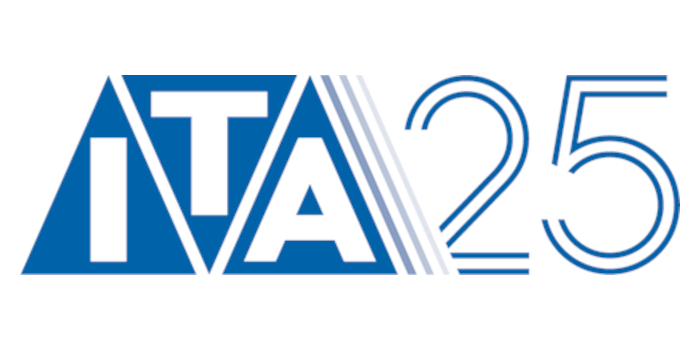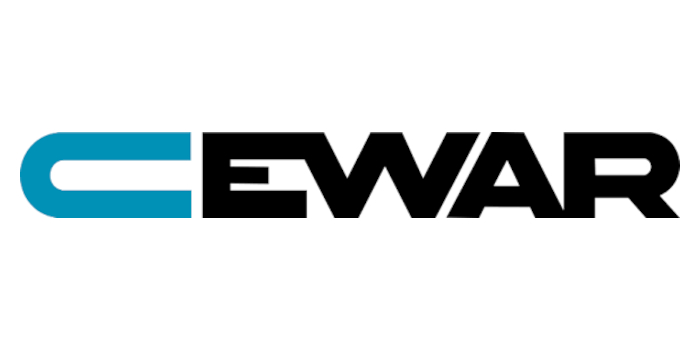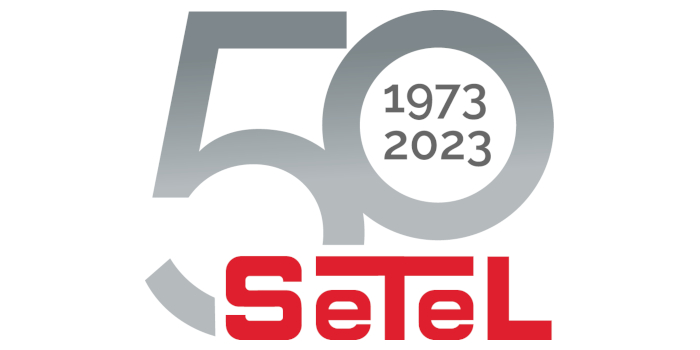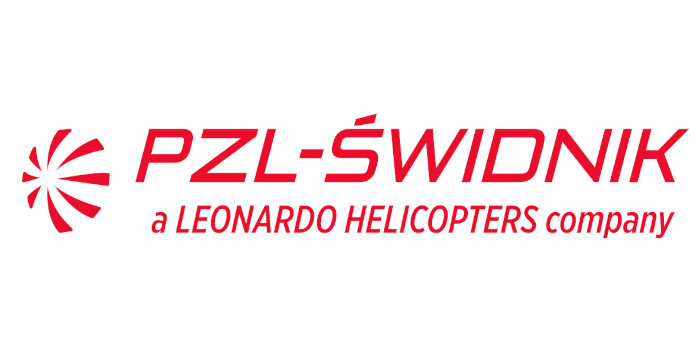TUTORIAL
Passive Radar Observation of Space Objects using LOFAR Radio Telescopes
Konrad Jędrzejewski
Warsaw University of Technology, Poland
ABSTRACT
Passive radar observation of space objects in Low-Earth Orbit (LEO) appears to be a clever and cost-effective alternative to active solutions. Unlike active radars, passive radars utilize existing transmitters, such as radio or television transmitters, as well as those of other radars. To detect space objects, receivers in passive radars for space object detection require very large antenna arrays or huge radio dish telescopes capable of receiving extremely weak signals reflected from space objects. Researchers from the Warsaw University of Technology and the Space Research Centre of the Polish Academy of Sciences, led by Konrad Jedrzejewski, have been employing antenna arrays (about 60 m in diameter) belonging to the LOFAR European network of astronomical radio telescopes for passive radar observation of space objects. They have developed innovative signal processing techniques and conducted experiments devoted to observing satellites using digital radio and television signals or signals from non-cooperating radars. These experiments have successfully demonstrated the feasibility of passive space target observation using LOFAR radio telescopes.
SPEAKER BIOGRAPHY
Konrad Jędrzejewski received the M.Sc. M.Sc. degree in electronics and telecommunications and later obtained a Ph.D. in electronics, both with honors, in 1995 and 2000, respectively, from the Faculty of Electronics and Information Technology at Warsaw University of Technology. Subsequently, in 2014, he achieved a D.Sc. degree in electronics. From 2000 to 2019, he served as an Assistant Professor at the Faculty of Electronics and Information Technology, Warsaw University of Technology. In 2019, he assumed the position of Associate Professor at Warsaw University of Technology.
He is the author of more than 110 scientific publications and holds three patents. His research interests include statistical and adaptive signal processing, radar signal processing, biomedical signal processing, machine learning, and A/D converters. Notably, his recent research has concentrated on passive radar systems for observing Low-Earth Orbit (LEO) space objects using LOFAR radio telescopes and terrestrial illuminators of opportunity. The results of this research were presented at many leading international radar conferences, including 2021 IEEE Radar Conference (RadarConf21) in Atlanta, 2022 IEEE Radar Conference (RadarConf22) in New York, 2022 19th European Radar Conference (EuRAD) in Milan, International Conference on Radar Systems (RADAR 2022) in Edinburgh, 2023 IEEE Radar Conference (RadarConf23) ) in San Antonio and at the IEEE International Radar Conference 2023, in Sydney, Australia. At the last conference, IEEE International Radar Conference 2023 in Sydney, he received the first prize for the best paper (Best Paper Award) entitled: “Passive Multistatic Localization of Space Objects Using LOFAR Radio Telescope.”
Professor Jędrzejewski has been the Chair of the Poland Chapter of the IEEE Signal Processing Society since March 2023. From March 2019 to February 2023, he was the Vice-Chair of the Poland Chapter of the IEEE Signal Processing Society.


